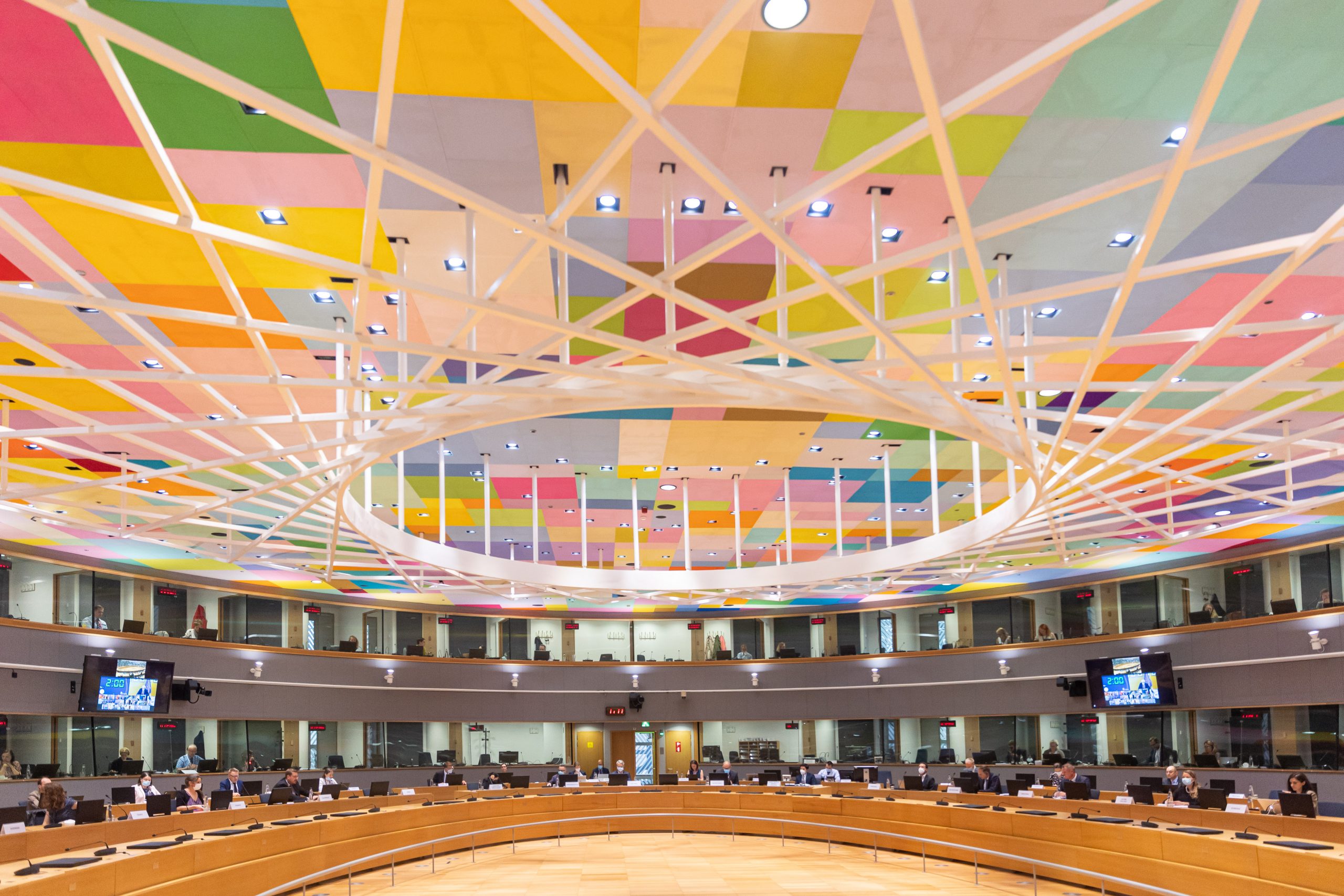Council gives the final go-ahead to further flexibility in the use of cohesion policy funds in response to Russia’s war in Ukraine
 © European Union, 2020, Source: Council of the EU – Audiovisual resources
© European Union, 2020, Source: Council of the EU – Audiovisual resourcesThe Council today adopted a package of legislative changes to step up support for EU governments and regions in managing the effects of Russia’s war in Ukraine, including hosting more Ukrainian refugees.
The new measures complement the funding already mobilised in support of Ukrainian refugees under Cohesion’s Action for Refugees in Europe (CARE), adopted in April. They further increase flexibility in the use of EU cohesion policy funds to channel resources towards supporting refugees, while taking into account the budgetary constraints faced by member states and ensuring maximum efficiency of support. The legislative amendments also address the delayed implementation of some projects due to high energy prices and market disruptions caused by the war, compounded by the long-lasting consequences of the COVID-19 pandemic for project implementation.
Some of the specific measures adopted today include:
- a further €3.5 billion of pre-financing for projects to provide additional liquidity from the 2014-2020 programmes
- extending the possibility of obtaining 100% co-financing for investment in promoting the socio-economic integration of third-country nationals
- extending the possibilities for transferring resources for actions to support refugees not only between the European Regional Development Fund and the European Social Fund, but also from the Cohesion Fund
- retroactively reimbursing projects dealing with refugee-related needs that have already been completed
- ring-fencing 30% of the expenditure on refugees for local authorities and civil society organisations operating in local communities
In practice, the new measures will facilitate the financing of a wide range of actions to support people fleeing the war, ranging from providing first reception and accommodation to ensuring refugees’ access to healthcare and the labour market. They will also ensure sufficient direct support for those providing the first line of assistance to refugees in local communities.
In addition, the measures make it easier to phase delayed projects from the 2014-2020 programmes to the 2021-2027 programmes.
The EU co-legislators agreed on these legislative changes through a fast-track procedure, in order to provide a rapid response to urgent needs on the ground, making no amendments to the Commission proposal submitted at the end of June.
The legislative changes will enter into force following their publication in the Official Journal.
